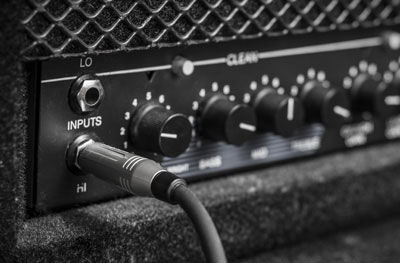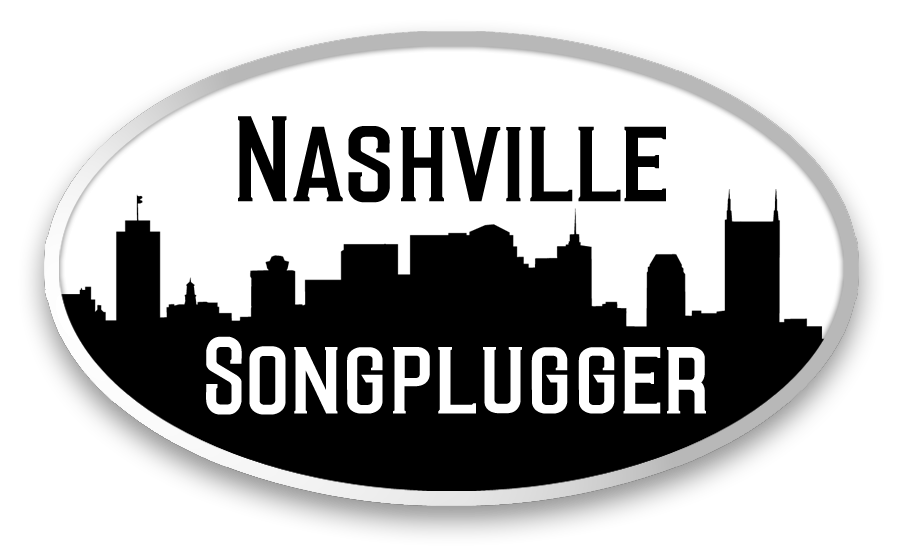10 Things To Consider When Choosing a Demo Studio

Seems like there are demo studios everywhere in Nashville. Since you’re investing a substantial chunk of money into recording and producing your songs, you want to make sure that you do your research before trusting a studio with your songs.
While it is usually a good idea to use multiple demo studios (since each have strengths and weaknesses), here are some things to consider as you make the tough choice on which ones to use.
1. Who They Have Worked With Before
Wouldn’t it be neat to know your song demo was made at a studio where Tim McGraw, Florida Georgia Line, or Taylor Swift produced their albums? Artists tend to use multiple studios, so try and find a studio that has worked with successful artists. It will boost your ego and likely give you better demo results, too.
2. Samples of Past Music
The best way to tell if a demo studio produces great sounds is to listen to their past portfolio. Visit the demo studio’s website to search for samples or request samples directly from the studio owner. If a demo studio is legitimate, they should be confident and excited to share their past work with you.
3. Reputation in the Industry
Ask around and you’ll quickly learn which studios are legitimate and which ones to steer clear from. Signs of a reputable demo studio include how long they have been in business, how many clients they have helped, and what reviews their clients give them.
4. Studio Time Structure
When you record your demo, you don’t want to be rushed, so make sure the demo studio gives you ample time to experiment and get the recording you want. 30 minutes or more per song is a good goal to shoot for.
5. Pricing
When comparing pricing, try and find studios that have multiple package options (Ex: basic, professional, premium), that aren’t too cheap (you get what you pay for), and that give you the option to pay per demo or to save by doing multiple demos in a single session (you’ll save money this way).
6. Studio Quality and Experience
Recording a song is a memorable experience, so try and find a studio that takes nice care of its facility and makes the experience enjoyable. Don’t waste your time at a dingy, outdated, or run-down joint.
7. Musician and Vocalist Quality
Most demo studios use highly talented musicians and singers, but ask the studio who they use and try and hear sample work to ensure they have the skills needed to properly demo your song.
8. Producer Quality
Production and mixing are just as important as the musician and vocal recordings, so make sure your producer has the skills needed to arrange your song well and polish it up.
9. Networking Perks
Demo studios are dead center in the mix of things when it comes to networking. They meet all sorts of artists, producers, publishers, songwriters, and music industry professionals. Ask the demo studio to help you network. If they feel your songs are solid, they should be willing to lend a helping hand and introduce you to other music professionals.
10. Deliverables
If you’re paying hundreds of dollars for a demo, make sure you get all the files! This includes multiple CDs, the raw recording files (in case you decide to have it mastered or remixed), and any digital files such as mp3.
